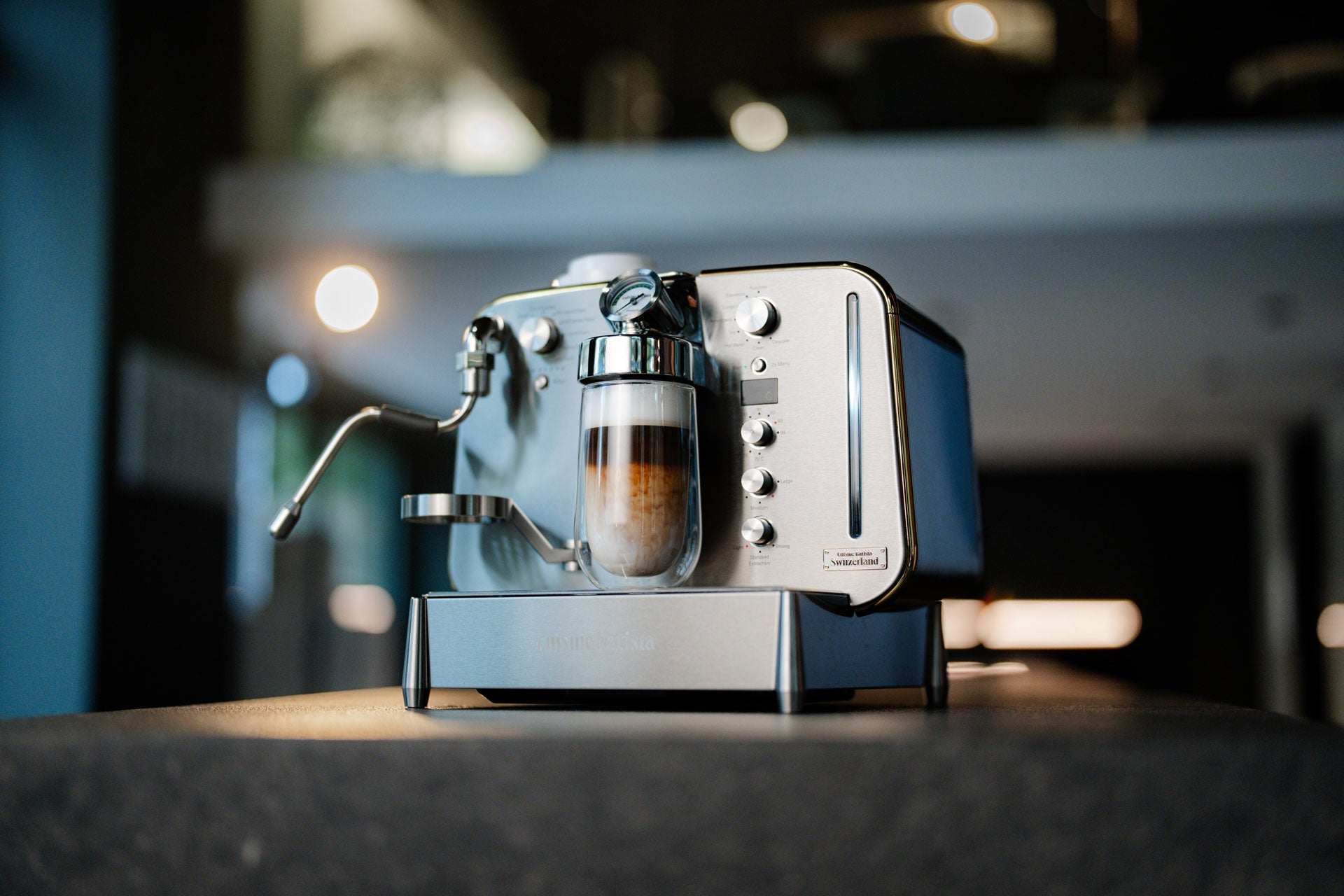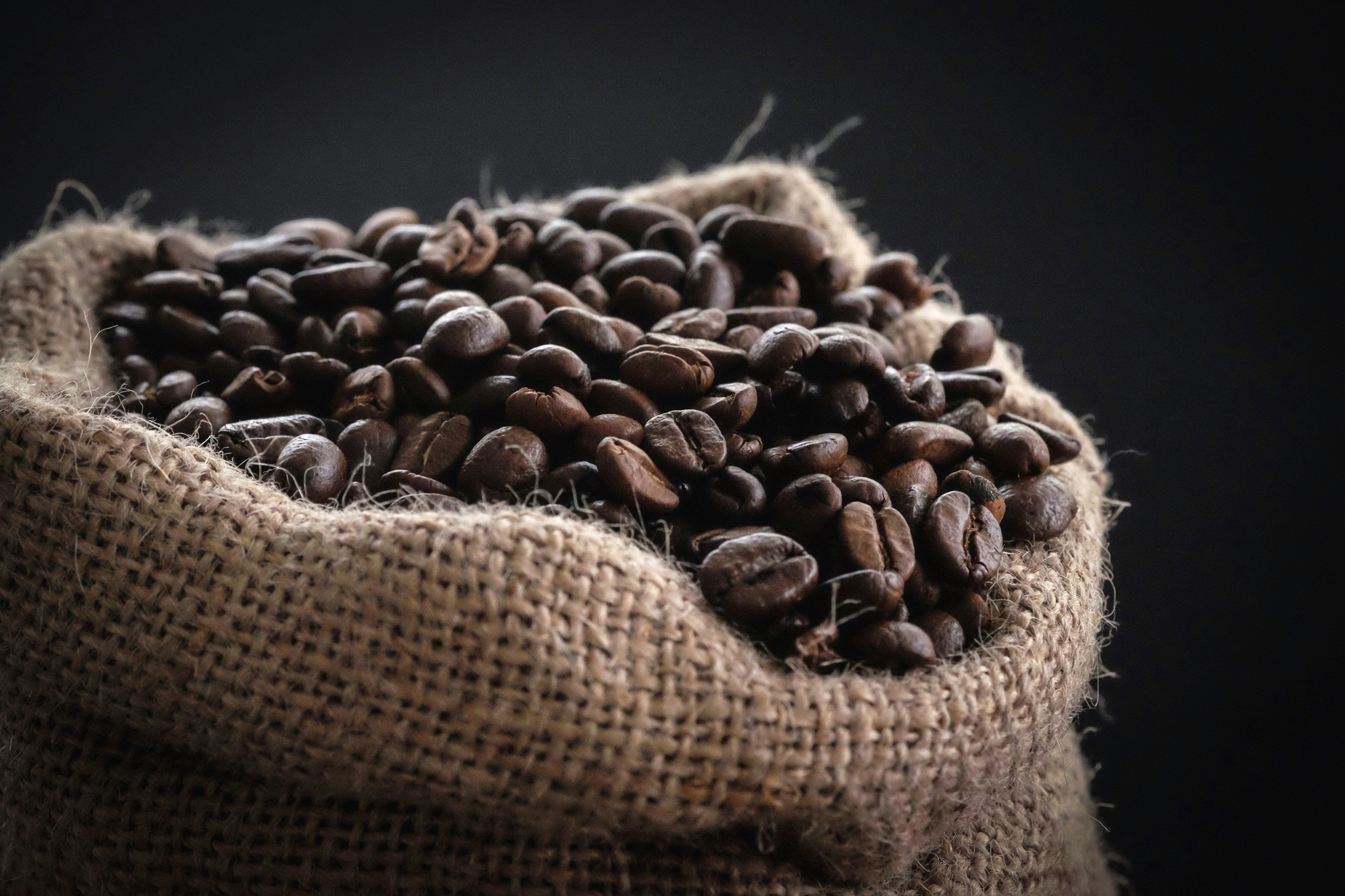Coffee is much more than just a morning pick-me-up - it has a rich and exciting history that spans centuries and continents. From legends of dancing goats in Ethiopia to revolutions planned in the coffee houses of Europe, the black drink has influenced cultures and shaped historical events around the world. In this article, we take you on a journey through the most extraordinary and surprising coffee stories that are guaranteed to amaze you. Ready for a cup of history?
The discovery of coffee by dancing goats: One of the most well-known legends about coffee comes from Ethiopia. According to the legend, the goatherd Kaldi discovered coffee beans in the 9th century when he noticed that his goats became particularly lively and “danced” after eating red berries from a certain shrub. Curious, Kaldi tried the berries himself and felt the invigorating effect. This is said to be the origin of coffee culture, which spread from Ethiopia to the whole world.
The “Black Death” of Sweden: In the 18th century, King Gustav III of Sweden believed that coffee was dangerous and caused health problems. To prove this, he conducted an experiment: two convicted twins, one of whom was to drink coffee daily and the other tea, were monitored. Surprisingly, both twins outlived their assigned doctors, and the coffee drinker lived the longest! Despite the king's efforts, coffee is now an integral part of Swedish culture.
The Viennese coffee house culture: Viennese coffee houses are famous for their intellectual atmosphere and their importance in the literary and art scene. Writers such as Stefan Zweig and Sigmund Freud spent countless hours in these coffee houses, where they not only drank coffee but also discussed revolutionary ideas. A famous Viennese coffee house drink is the “Einspänner” – a strong coffee with a layer of whipped cream on top.
Coffee and the French Revolution: In France, coffee houses played a crucial role in the French Revolution. In 1789, at the famous Café de Foy, journalist Camille Desmoulins gave a fiery speech calling on the people of Paris to rise up against the monarchy. This speech is considered to be one of the sparks that led to the storming of the Bastille. Cafes were often used as meeting places for revolutionaries and intellectuals, making them an important stage for political change.
Turkish coffee and the art of fortune telling: In Turkey, coffee is more than just a drink – it's a tradition. After drinking Turkish coffee, a coffee grounds remains at the bottom of the cup. Many people believe that you can read the future from these coffee grounds. This practice of “coffee reading” (Turkish: “Fal”) is still widespread, especially at social gatherings or as a fun ritual among friends.
The origin of instant coffee: Instant coffee, which we now appreciate as a quick and easy solution, was first developed commercially by a Belgian named George Washington (not the US president) in the early 20th century. During the First World War, instant coffee became an indispensable part of soldiers' rations because it was easy to prepare and kept the soldiers awake. Today, it is a staple in many households around the world, even though coffee lovers usually prefer the fresh taste.
Kopi Luwak – The most expensive coffee in the world: Kopi Luwak, also known as cat coffee, is one of the most expensive coffees in the world. This coffee is made from beans that have been previously eaten and excreted by a palm civet (a small Indonesian mammal). The beans pass through the animal's digestive tract, which is said to give the coffee a unique, mild flavor. This method is both fascinating and controversial, as there are ethical concerns regarding the way the animals are kept.
Bach's “Coffee Cantata” – A musical masterpiece: The famous composer Johann Sebastian Bach loved coffee so much that he wrote a small musical work about it. The “Coffee Cantata” (1732-1735) humorously tells the story of Lieschen, who is so addicted to coffee that she refuses to stop drinking it despite her father's objections. The piece shows that even in the 18th century, the love for coffee was strong and found expression in music.
The Boston Coffee Party: While the Boston Tea Party of 1773 is well known in the United States, coffee played an equally important role in the American Revolution. After the famous tea boycott, coffee became the patriotic drink of choice. Americans drank coffee to demonstrate their independence from the British colonial rulers, which laid the foundation for the widespread coffee culture in the United States.
The coffee bans in the Ottoman Empire: In the 17th century, coffee was so popular in the Ottoman Empire that Sultan Murad IV tried to ban it because he believed that coffee houses were a place for political unrest. The death penalty was even imposed for the possession of coffee! Despite these extreme measures, coffee could not be eradicated from the culture and remained an integral part of social life.
Coffee has shaped the world in countless ways - as fuel for revolutions, as a symbol of conviviality and as an everyday ritual that connects us with one another. The stories we've explored here show how deeply rooted coffee is in the cultures and traditions of many countries. Whether you enjoy your coffee strong, sweet, with milk or as a work of art, the story in every cup is rich and fascinating. So the next time you have a cup of coffee, take a moment to appreciate the long journey this beverage has taken from the bean to you.






Share:
Instant Gratification: Why a 7-Second Ready Capsule Machine is a Game-Changer
What Does PID Actually Mean – and Why Does It Make Your Coffee Taste Better?